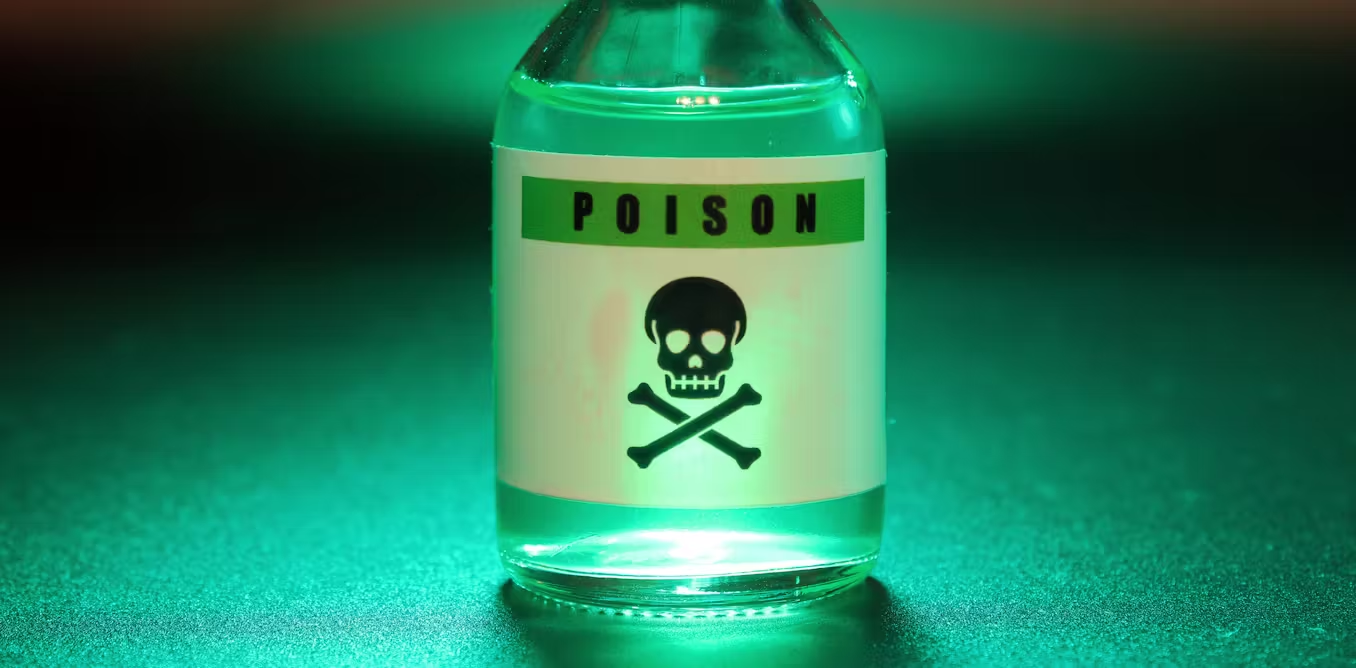What Is Poisoning?
Poisoning happens when harmful substances enter the body in amounts that cause illness or damage. This can happen by swallowing, breathing in, injection, or through the skin or eyes.
You can ask your own question to a licensed healthcare provider here for free. It may take up to 7 days to get an answer. If you want a consultation in minutes, book now with Hope+ our premium and best health consultation service in Uganda.
Common causes include:
- Eating or drinking contaminated food (food poisoning)
- Exposure to chemicals like pesticides, petrol, paraffin, or carbon monoxide gas
- Contact with heavy metals like lead or mercury
- Taking too much alcohol, medicines, or drugs
Poisoning can be accidental or intentional, such as in suicide attempts.
When Should You Seek Medical Help?
If you or someone else shows signs of poisoning, it is important to go to a hospital or health facility as soon as possible. Bring any information you have about the poison and any treatment already given.
Some poisons take a long time to cause harm even if the person looks well at first. These include medicines like aspirin, iron tablets, paracetamol, or certain antidepressants. Such cases still need close medical care.
How Are Poisoned Patients Treated?
Treatment depends on the type of poison, how severe the symptoms are, and how long it has been since exposure. The main steps include:
- Supporting the patient’s vital functions like breathing and blood circulation
- Removing or cleaning the poison from the body when possible
- Giving specific antidotes if available for the poison
- Using methods to help the body get rid of the poison faster
Many poisons do not have a specific antidote, so doctors focus on treating symptoms and supporting recovery.
What Supportive Care Looks Like
- Keeping the patient safe: Remove or stop contact with the poison. If the poison is on the skin, wash thoroughly with soap and water.
- Monitoring vital signs: Regularly check blood pressure, heart rate, breathing, oxygen levels, and body temperature.
- Airway and breathing: Make sure the patient can breathe well. In unconscious patients, the airway may need to be opened or helped with devices. Oxygen may be given if needed.
- Blood pressure: Low blood pressure is common in severe poisoning and needs quick treatment to avoid damage to the brain or kidneys. Fluids may be given through a drip. High blood pressure is less common but can happen with certain stimulants.
- Heart problems: Some poisons affect heart rhythm, but this can often be corrected by treating low oxygen or acid levels in the body.
- Body temperature: Poisoning can cause the body to become too cold or too hot. Keeping the patient warm or cooling them down as needed is important.
- Seizures: If the patient has convulsions, medicines like diazepam can be given to control them safely.
Other Important Considerations
- Families and patients should receive counselling about the poisoning.
- If the poisoning was intentional, a psychiatric assessment is important to provide mental health support.
- If poisoning happened due to environmental or workplace exposure, follow-up is needed to protect others who might be at risk.


